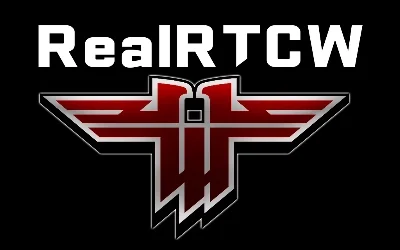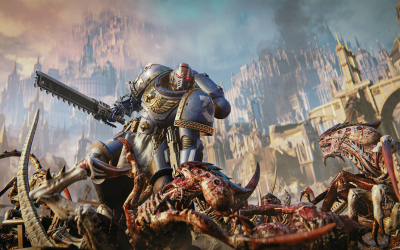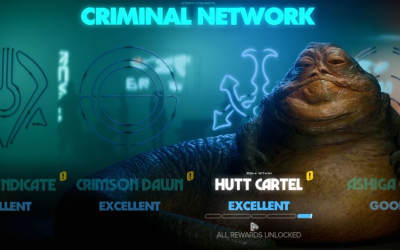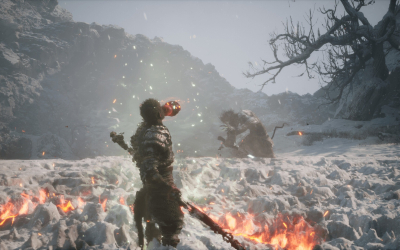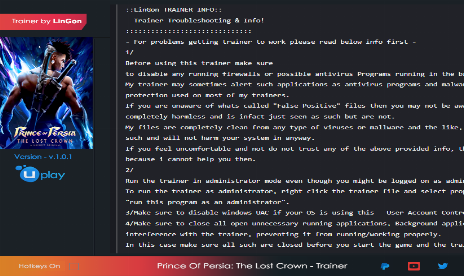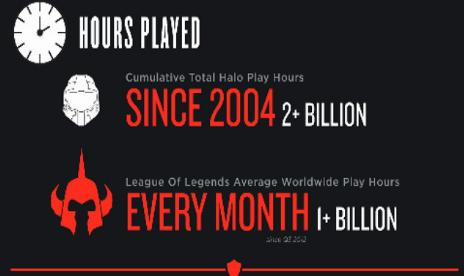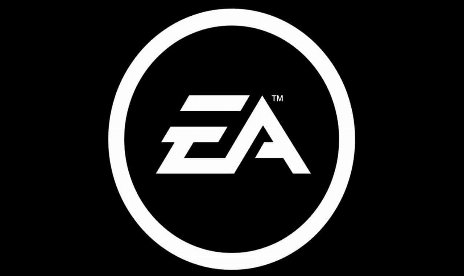Official Rationale and Strategy
Ubisoft positions these microtransactions—ranging from cosmetic items and XP boosters to shortcut packs—as tools that enrich and personalize gameplay, while maintaining their “optional” nature. The publisher further highlights its commitment to transparency and responsibility by establishing an internal monetization ethics working group to oversee the design of such systems.
A Growing Trend in AAA Titles
First introduced in 2017’s Assassin's Creed Ursprünge, Ubisoft’s premium game model now routinely includes in-game stores—evident in recent or upcoming titles like Assassin's Creed-Schatten, Star Wars Outlawsund Schädel und Knochen. While the company reiterates that all content is earnable in‑game, purchasing remains an expedient alternative.
Community Concerns Remain Strong
Despite Ubisoft’s assurances, gamers remain skeptical:
- Pay‑to‑win fears — Even if unlocks are earnable, many worry that purchasing shortcuts could undercut the sense of fair progression.
- Engineered grind loops — Critics say some game designs purposely extend grind to incentivize purchases.
- Single‑player monetization feels off — Adding stores to premium single-player games often clashes with player expectations of a complete experience.
- Lack of transparency — Ubisoft’s ethics group isn’t publishing detailed guidelines, leaving players unsure where true boundaries lie.
Reaction online has been fierce. One Reddit thread with over 2,000 upvotes described Ubisoft’s strategy as turning games into “an absolutely horrifying amalgamation made of greed, dollar bills and copying machines.” Others have labeled the pattern as a major flaw across the publisher’s AAAs.
Market Factors at Play
Industry analysis highlights that up to 58% of gaming revenue came from microtransactions in 2024, with many AAA publishers—including Ubisoft—leaning heavily on this model to support live‑service operations and extensive post-launch content.
Schlusswort
Ubisoft firmly believes microtransactions, when handled ethically and optionally, can add value—funding ongoing game support and offering flexibility for players. But without explicit ethical standards or clear limits, gamers see a corporate tilt toward monetizing “fun” in ways that may dilute genuine achievement. As this trend becomes embedded in flagship releases, scrutiny on where the line should be remains intense—and the company is watching carefully.
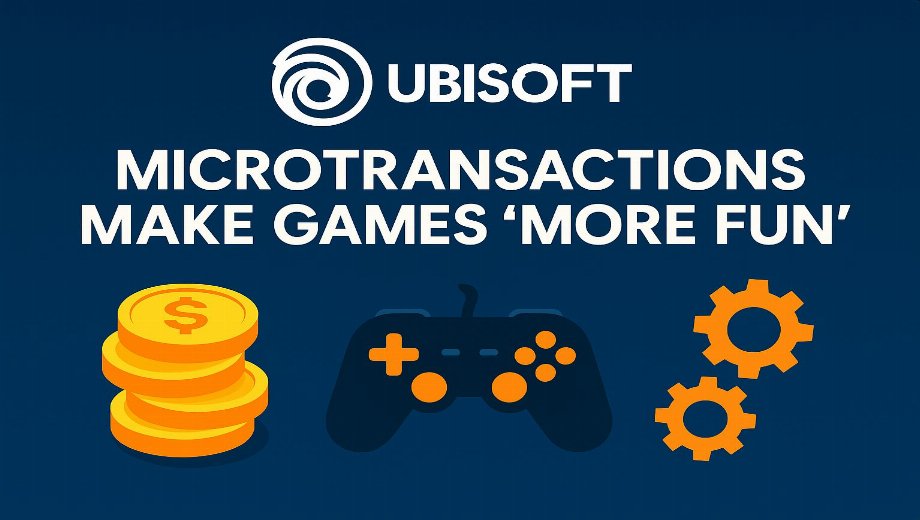

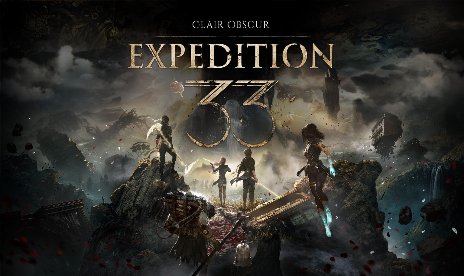


![Real Return to Castle Wolfenstein v5.3.7 (+5 Trainer) [iNvIcTUs oRCuS]](https://9588947a.delivery.rocketcdn.me/wp-content/uploads/2026/02/Real-RTCW-01-464x276.webp)

![Dragon Quest VII Reimagined v1.0+ (+40 Trainer) [FLiNG]](https://9588947a.delivery.rocketcdn.me/wp-content/uploads/2026/01/DRAGON-QUEST-VII-Reimagined-01-464x276.jpg)







